Fringe Legal #28: goat to meeting
With the holiday period in full swing, I hope you are keeping well and enjoy some time off.
In line with the festive spirit, this is the light edition - that means no deep insights. Here are three fun things I stumbled across recently.
Much of this year has been all about working effectively virtually, and I suspect this will not go away next year. I’ve spent more hours than I would dare to count on Teams, Zoom, and other platforms - both on one-on-one conversations and group gatherings.
The latter is undoubtedly a challenge - engagement is challenging, and sometimes it’s helpful to change things up - check out Goat 2 Meeting.
I also spent a lot of time attending events (both ones I hosted and otherwise). There is vast variability here, and I can confidently say that no one has cracked the code. Perhaps the problem is that many providers are thinking about replicating the physical experience in the virtual. One of the most exciting implementations I’ve seen is Topia.
Goat 2 Meeting
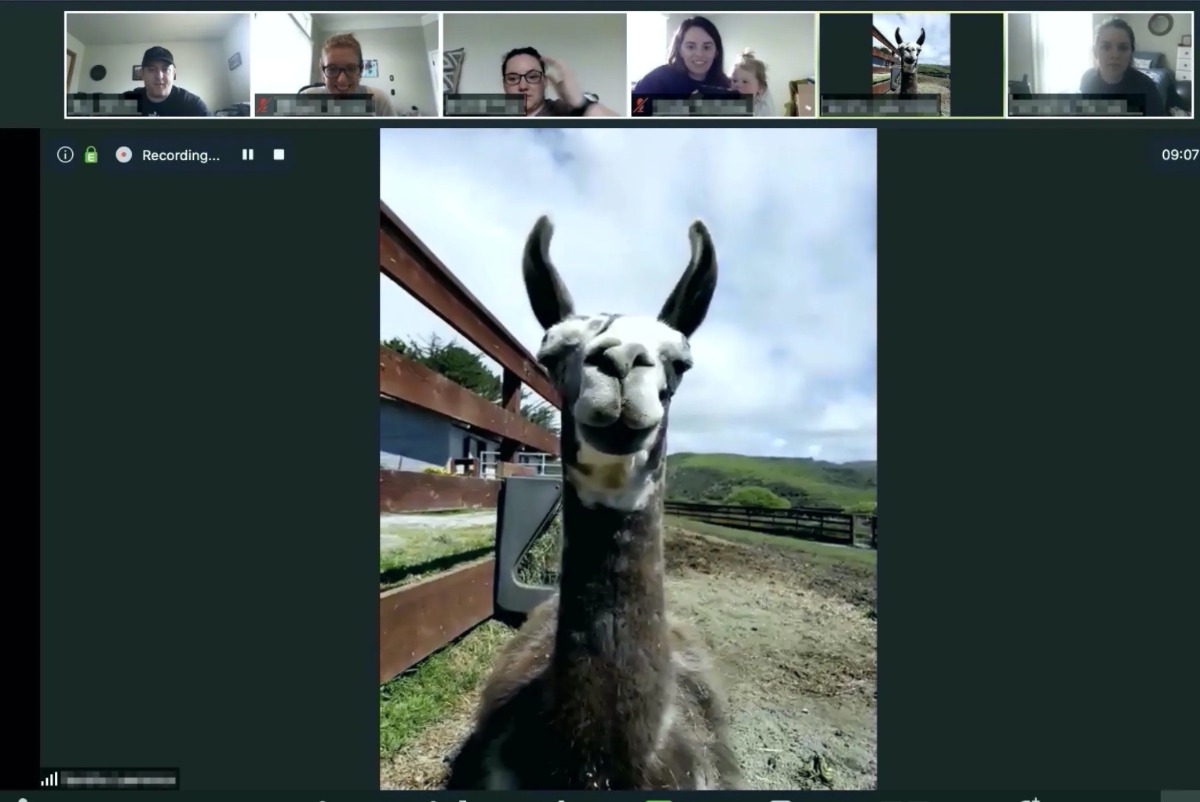
The concept behind Goat 2 Meeting is simple. Make your virtual meetings more awesome by having an audience by a real goat, llama, or sheep. And, in the process, learn about sustainability and save a farm.
This is also a cool story about how Sweet Farms (the folks with the livestock) have been able to scale to have global reach because of the current circumstances.
Topia
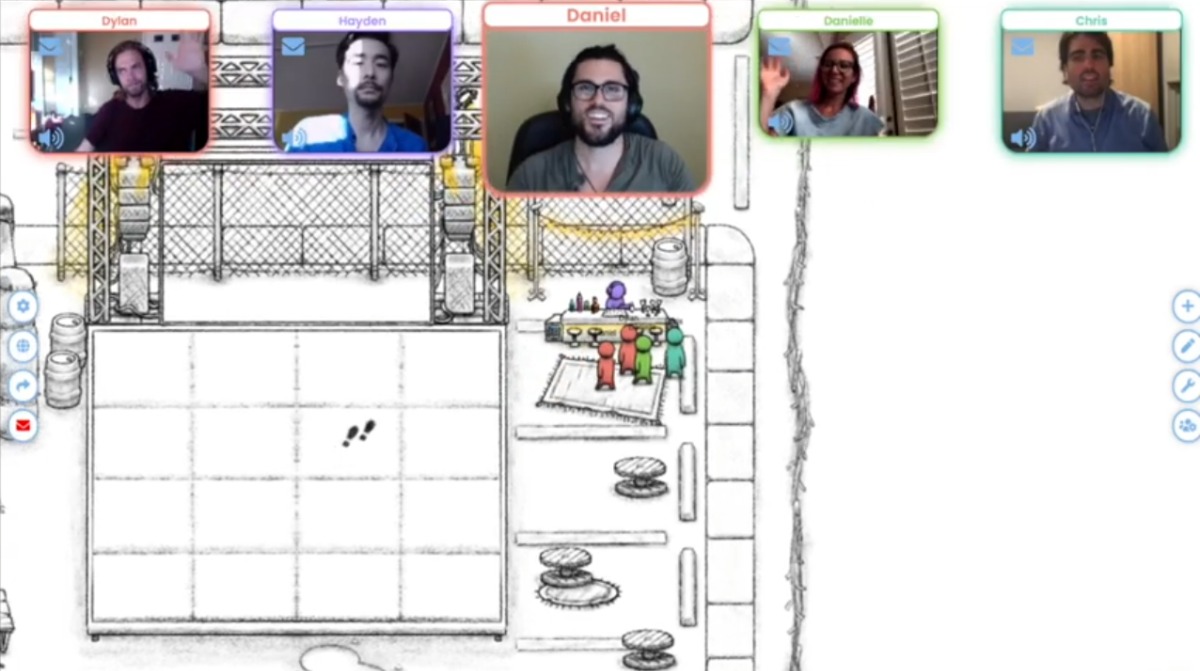
Topia is a video chat platform in a beautifully designed virtual world. It’s entirely browser-based, and the event I attended left me with a fantastic experience.
It attempts to make virtual gatherings feel more human. As you walk around the virtual world and come closer to others, the video/audio chat automatically opens - giving the feeling of being able to move in-and-out of conversations just like in person.
If nothing else, I love this because it’s a different approach to a familiar problem.
I aim to play around with this a bit, as the “worlds” can be customized and made personal - and I have some ideas :).
Algorithms to live by
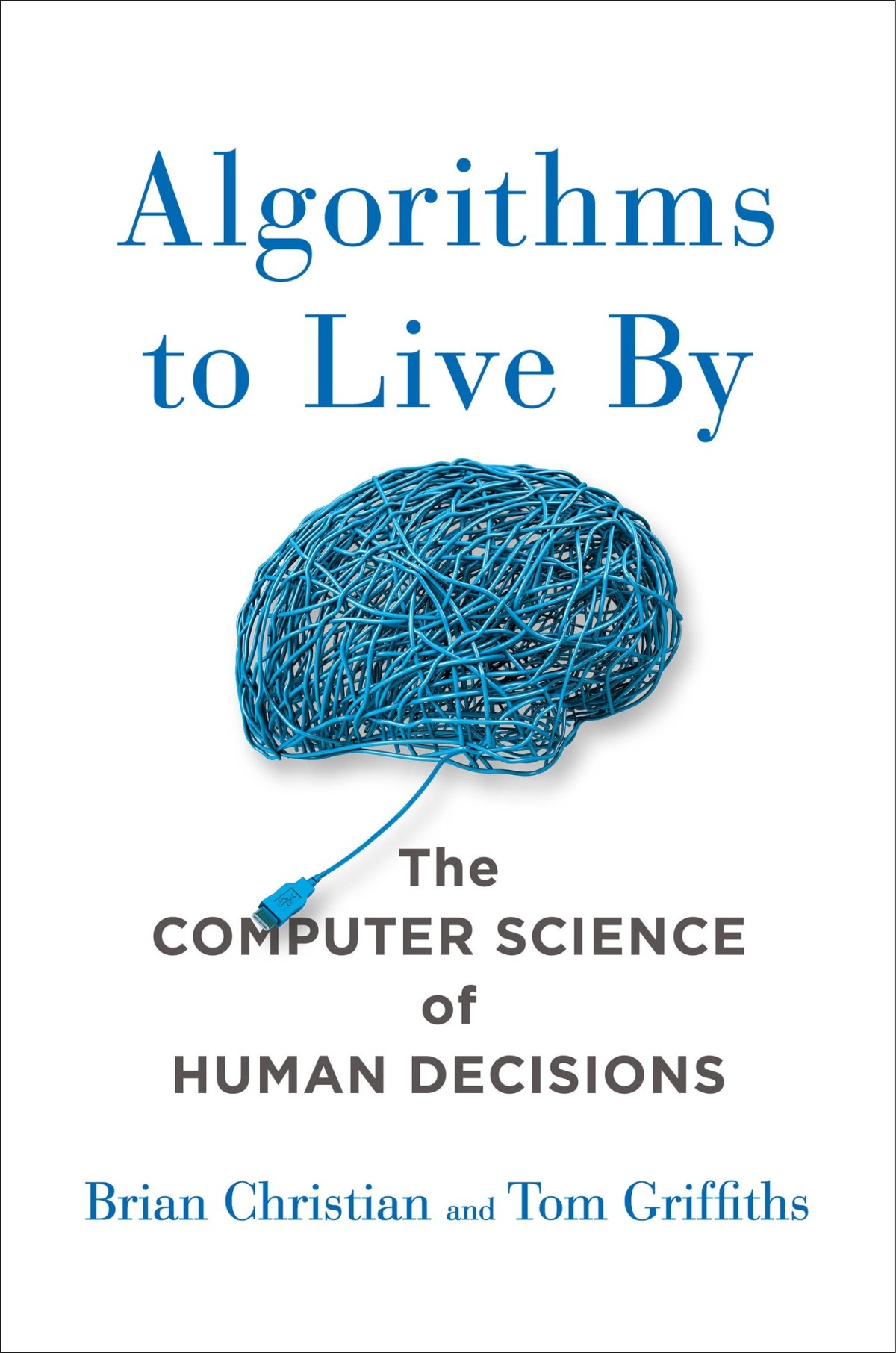
This is a book about human decision making. I’m still making my way through it (switching between the audiobook and the physical copy - both are good).
“Even the best strategy sometimes yields bad results—which is why computer scientists take care to distinguish between “process” and “outcome.” If you followed the best possible process, then you’ve done all you can, and you shouldn’t blame yourself if things didn’t go your way.”
Algorithms provide a practical way to problem solve, rooted in computer science. One of the things I’ve enjoyed in the book are the descriptors and practical examples. It makes the algorithms much easier for me (as a novice) to understand and remember.
“The greater the uncertainty, the bigger the gap between what you can measure and what matters, the more you should watch out for overfitting - that is, the more you should prefer simplicity”
If you have any books I should read next, I would love to hear recommendations.
Check out Algorithms to live by
How did you like this article?

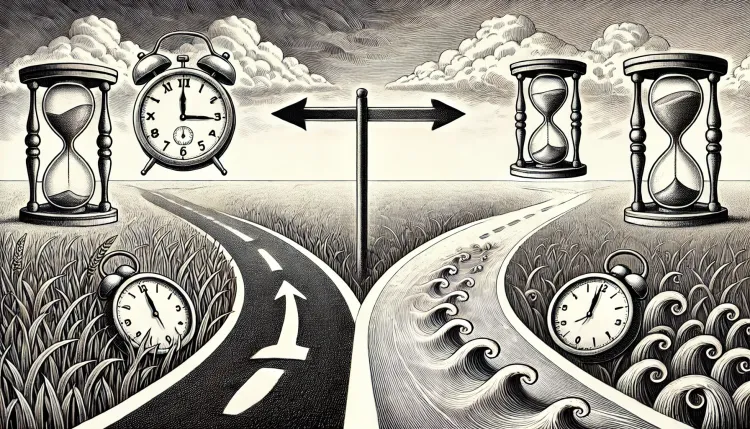

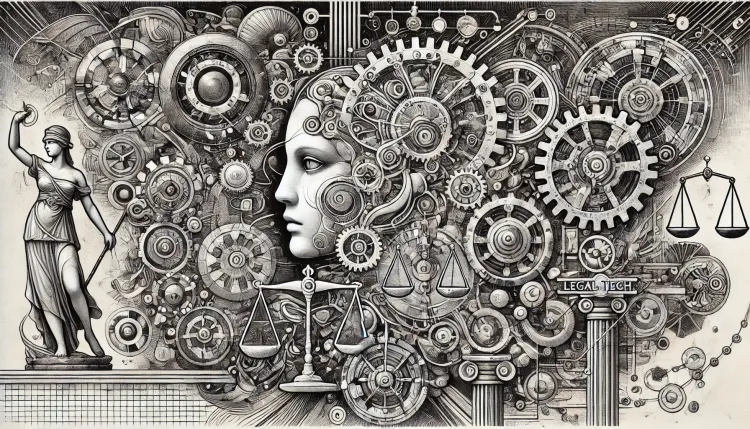

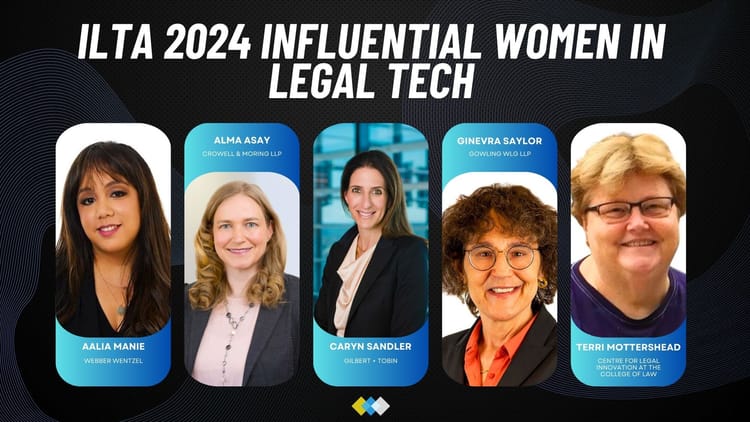
Become a Fringe Legal member
Sign in or become a Fringe Legal member to read and leave comments.
Just enter your email below to get a log in link.